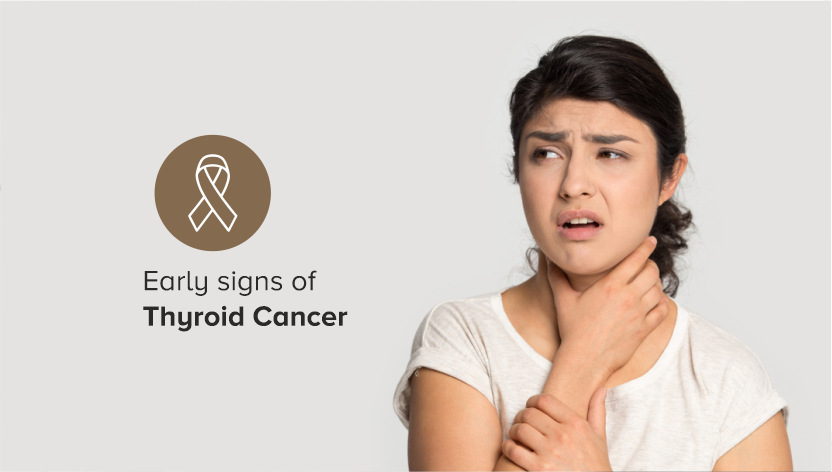Thyroid cancer is relatively rare, but its prevalence is increasing. The thyroid gland, located at the base of the neck, is responsible for producing hormones that regulate metabolism. While most thyroid nodules are benign, a small percentage can be cancerous. Understanding the early signs and symptoms of thyroid cancer is crucial for timely diagnosis and treatment.
